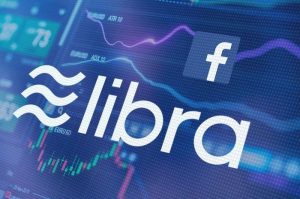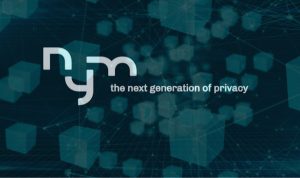Reporting from Yahoo! Finance, the developer of the Telegram Open Network, or TON, is expected to release the code needed to run the TON node today according to two people familiar with the project. TON is a blockchain project announced last year by the telegram messaging application development company. One of the news sources is affiliated with TON Labs, a technology startup founded by investors in the sale of Telegram tokens.
Telegram Management maintains a high level of confidentiality around TON, thus refusing to speak publicly about the project. TON Labs, which was founded to build the Telegram developer tool, is the only technology company vocal related to the project. TON Labs claims to maintain regular communication with the Telegram development team itself.
To date, there is only one operational node – run by Telegram itself – on the TON test network. With the upcoming code release, more users will be able to run their own nodes. Users can only run nodes on the testnet, with the launch of mainnet expected on October 31, in accordance with the purchase agreement for the sale of the 2018 Telegram token.
Russian media, Vedomosty, reported on Wednesday that this release would contain code for the node itself as well as instructions for using a node. Citing an unnamed investor in the project, Vedomosty reports that interested developers will be able to use their node to test consensus protocols and sharding mechanisms.
Telegram earned at least US $ 1.7 billion from investors based in Russia, the US, and several other countries in the sale of their tokens in 2018. If TON is not launched at the end of October 2019, Telegram must return the money to its investors, less the costs associated with its development.
Investors, Telegram users, and the wider crypto community remain interested in the Telegram blockchain project. The TON was expected to be launched last December, before finally being postponed significantly. As a result, many investors have begun selling rights to their future tokens, which form an unofficial secondary market for GRAM, the tokens associated with the network. However, this is technically a violation of the Telegram investor agreement, which expressly prohibits secondary trading before launching.



